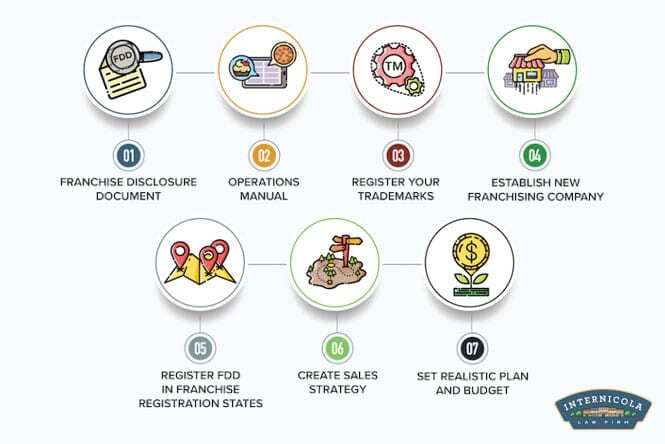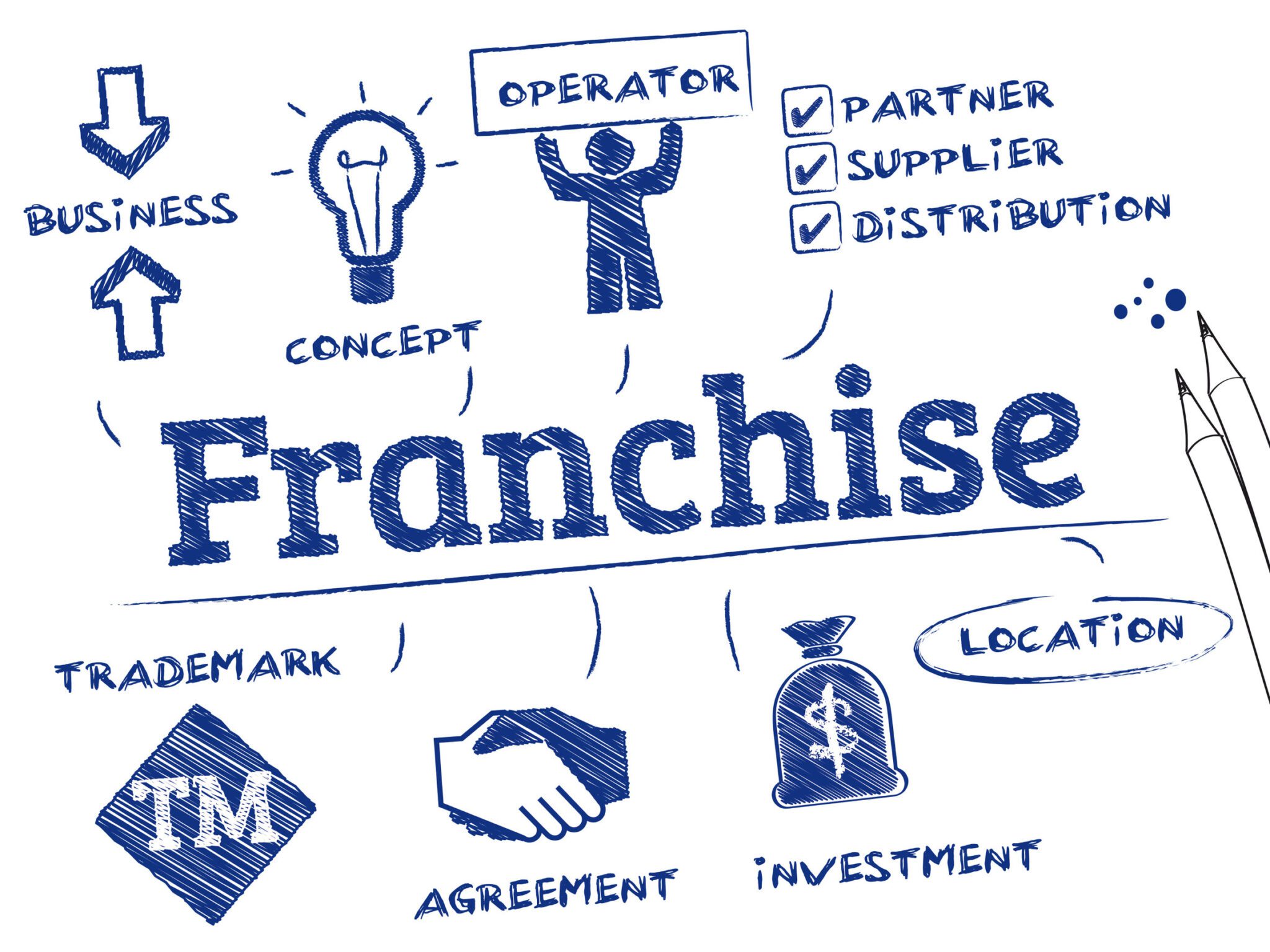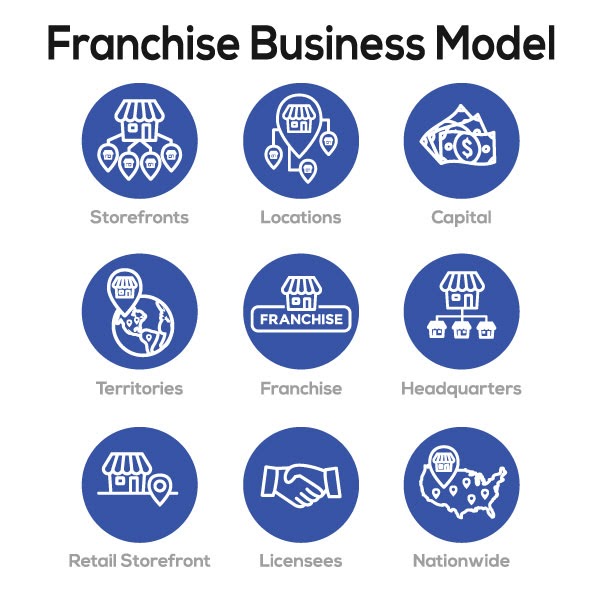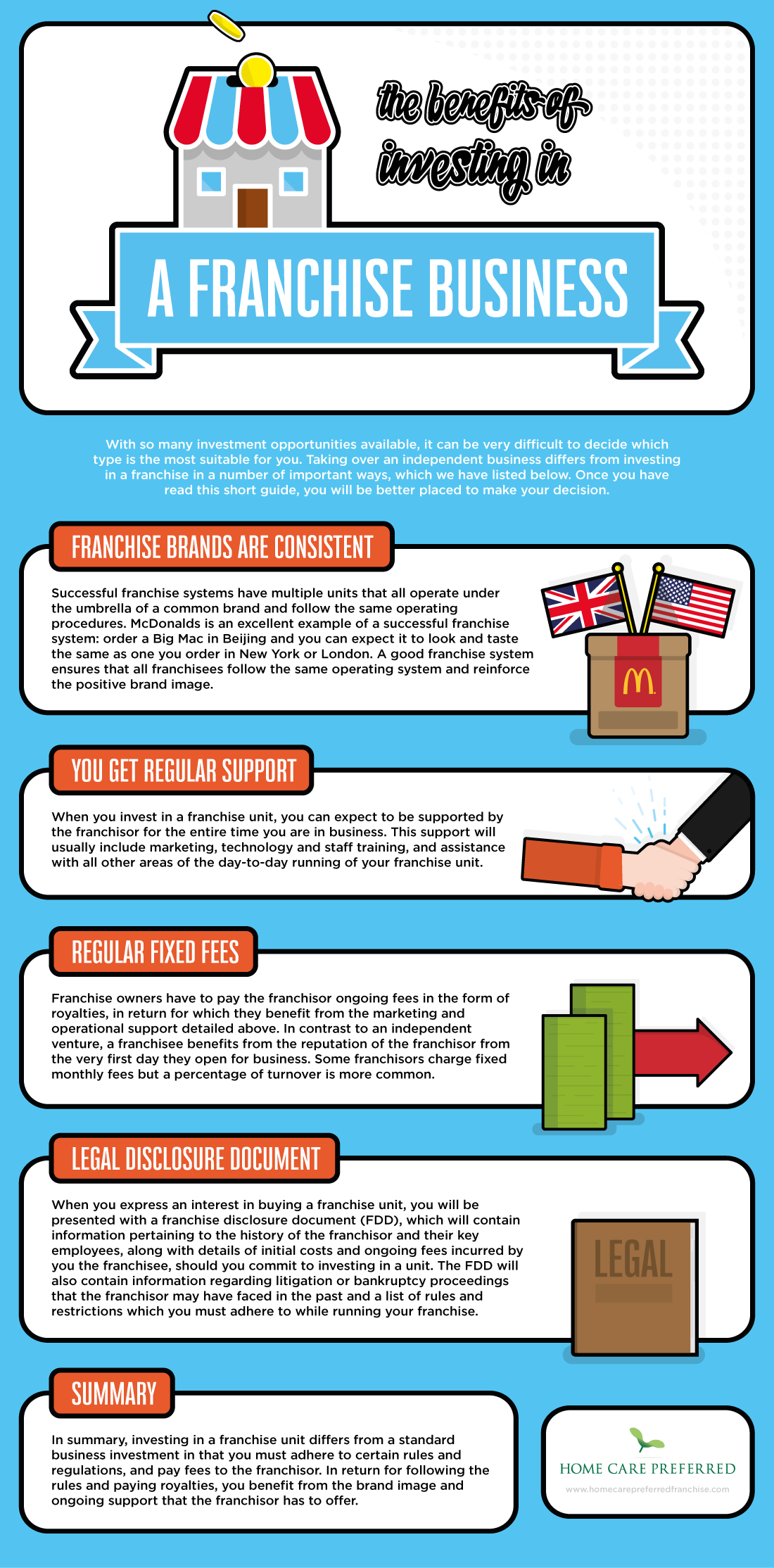What Do You Need To Franchise A Business

The dream of expanding a successful business nationwide, or even globally, often leads entrepreneurs to consider franchising. However, turning a thriving independent venture into a profitable franchise system is a complex undertaking, fraught with legal hurdles, operational challenges, and significant financial investments. Understanding the requirements, both tangible and intangible, is crucial for those contemplating this significant step.
The process of franchising involves far more than simply duplicating a business model. At its core, franchising is granting another party (the franchisee) the right to operate a business under your established brand, using your trademarks, operational systems, and support network. This article delves into the essential elements needed to successfully franchise a business, from legal compliance and operational structuring to financial preparedness and franchisee recruitment.
Legal and Regulatory Framework
The legal landscape surrounding franchising is complex and highly regulated. Compliance with federal and state laws is paramount.
The cornerstone of franchise regulation in the United States is the Franchise Rule, enforced by the Federal Trade Commission (FTC). This rule mandates that franchisors provide prospective franchisees with a Franchise Disclosure Document (FDD).
The FDD is a comprehensive document containing 23 specific items, offering detailed information about the franchisor, the franchise system, and the obligations of both parties. This includes financial performance representations, litigation history, and fees.
State-Specific Regulations
In addition to federal regulations, many states have their own franchise laws, often referred to as "registration states." These states require franchisors to register their FDDs with the state before offering franchises within their borders.
Non-compliance with these laws can lead to significant penalties, including fines and the inability to enforce franchise agreements. Consulting with experienced franchise legal counsel is essential to navigate these regulations effectively.
Operational Infrastructure
A successful franchise system requires a robust and well-documented operational infrastructure.
This includes creating a detailed operations manual that outlines every aspect of the business, from daily procedures to quality control standards. Consistency is key, and the operations manual serves as the bible for franchisees.
Furthermore, establishing comprehensive training programs for franchisees is crucial. These programs should cover all aspects of the business, ensuring franchisees are equipped with the knowledge and skills to operate successfully.
Ongoing Support
Providing ongoing support to franchisees is vital for their success and the overall health of the franchise system. This includes offering assistance with marketing, operations, and technical issues.
Regular communication, site visits, and access to a dedicated support team are all essential components of a strong franchisee support system. A strong franchisor-franchisee relationship is paramount.
Financial Considerations
Franchising a business requires significant financial investment. Before launching a franchise program, entrepreneurs must assess their financial preparedness.
This involves developing a detailed financial model that projects revenue, expenses, and profitability for both the franchisor and the franchisee. Understanding the costs associated with franchising, such as legal fees, marketing expenses, and ongoing support costs, is critical.
Furthermore, franchisors typically charge franchisees an initial franchise fee and ongoing royalty payments. These fees should be carefully structured to ensure profitability for both parties.
Franchisee Financing
Facilitating access to financing for potential franchisees is often necessary to attract qualified candidates. This can involve establishing relationships with lenders who specialize in franchise financing.
Providing franchisees with a well-prepared FDD and a sound business plan can significantly increase their chances of securing financing. The Small Business Administration (SBA) also offers loan programs that can be used to finance franchise businesses.
Recruitment and Selection
Attracting and selecting qualified franchisees is crucial for the long-term success of the franchise system. Developing a comprehensive recruitment strategy is essential.
This strategy should include identifying target markets, creating compelling marketing materials, and attending franchise trade shows. The ideal franchisee possesses strong business acumen, a commitment to following the franchise system, and sufficient capital.
A rigorous selection process is also critical. This process should include a thorough review of the applicant's background, financial resources, and business experience.
Interviewing potential franchisees and conducting background checks can help identify individuals who are a good fit for the franchise system.
"Franchising is not for everyone,"says John Smith, a leading franchise consultant. "It's crucial to find individuals who are willing to follow the established system and are committed to the success of the brand."
Looking Ahead
Franchising remains a popular path for business expansion, but success hinges on careful planning, legal compliance, and a commitment to supporting franchisees. As the business landscape evolves, franchisors must adapt to changing consumer preferences and technological advancements.
Embracing digital marketing strategies, leveraging data analytics, and providing innovative training programs will be essential for maintaining a competitive edge. By focusing on building strong relationships with franchisees and providing exceptional support, franchisors can create a thriving and sustainable franchise system for years to come.


















